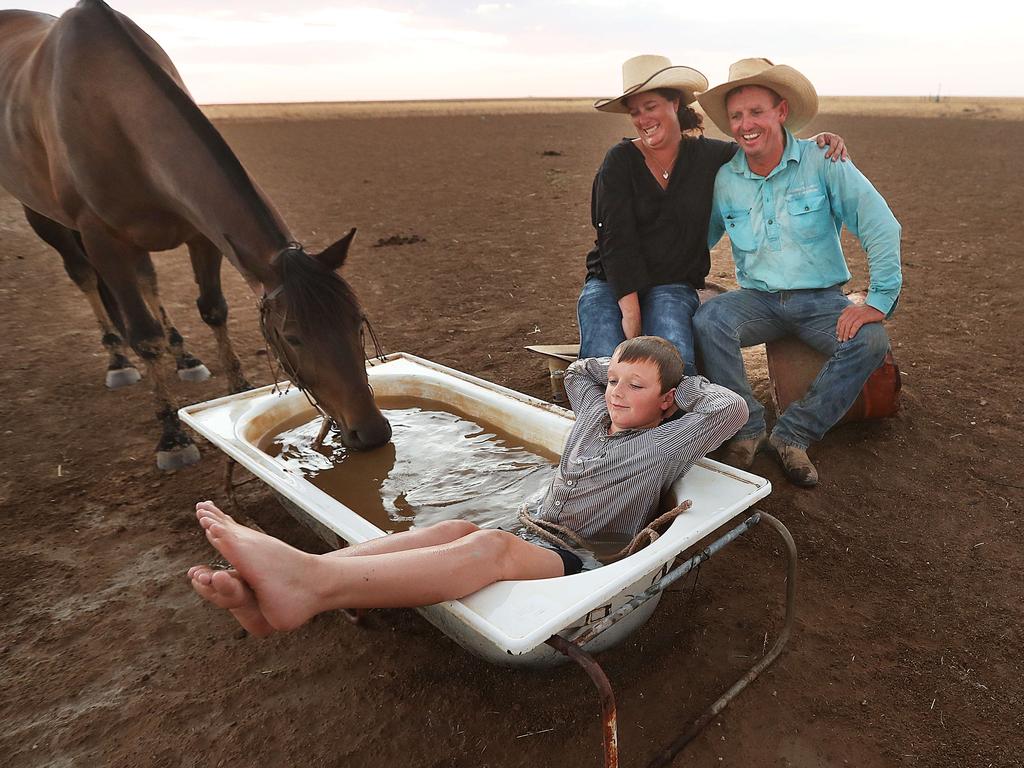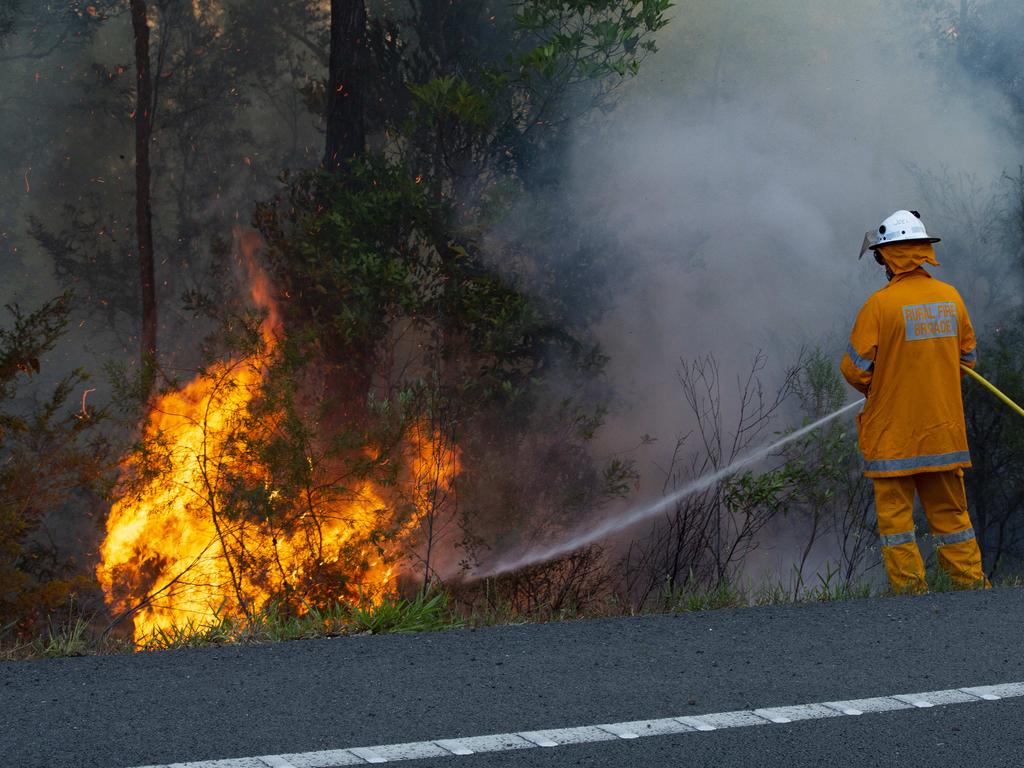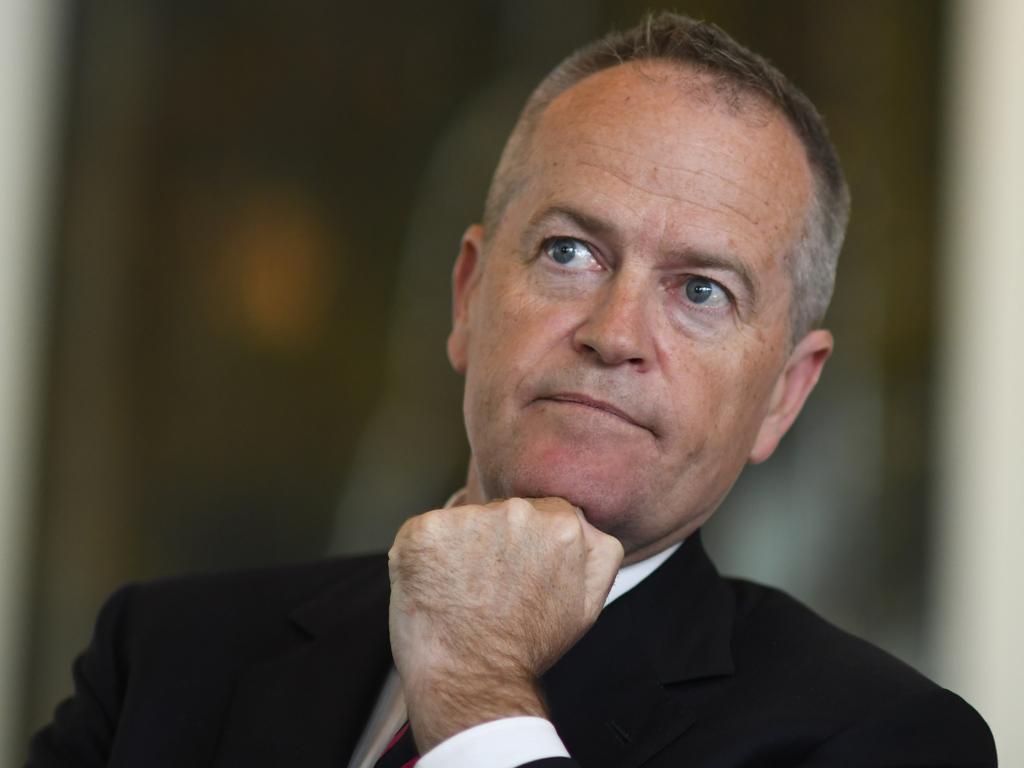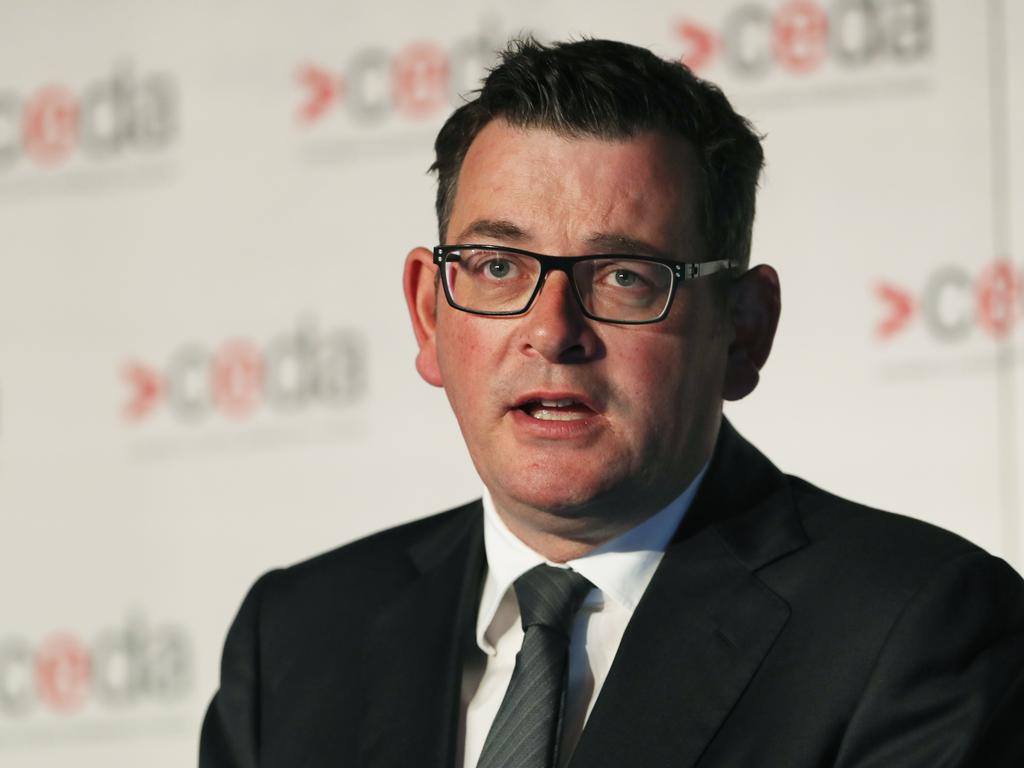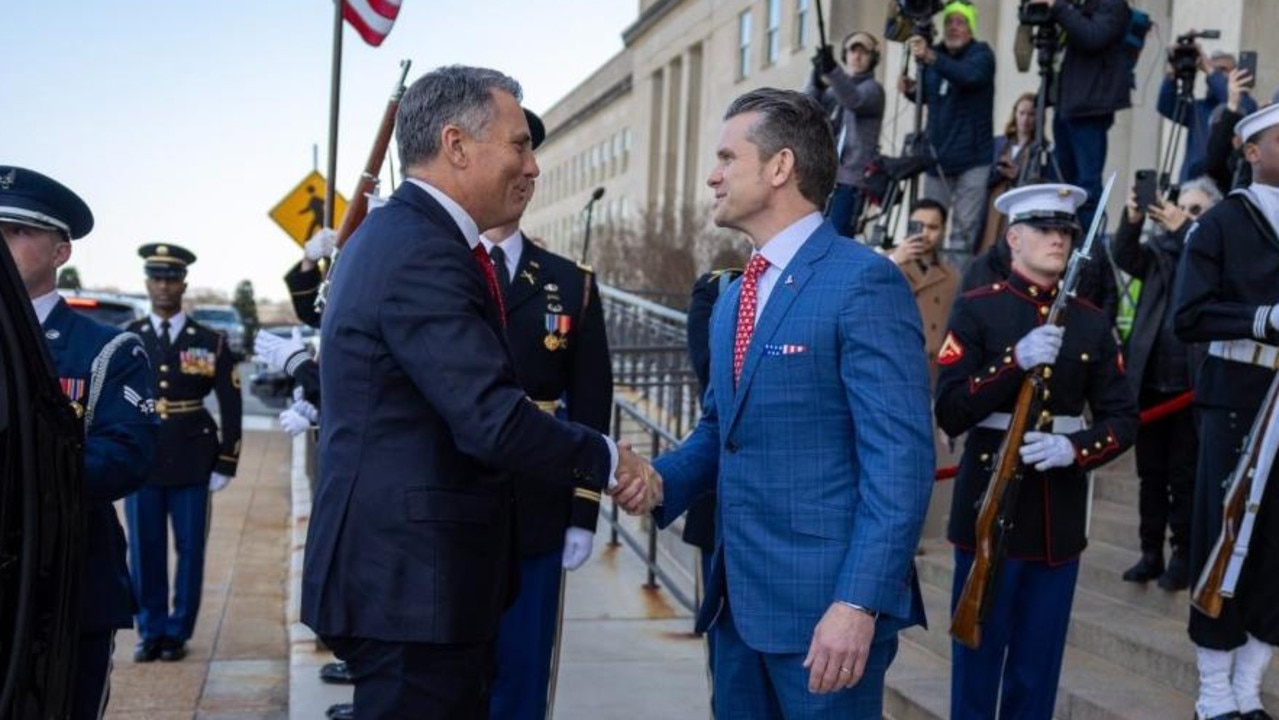NSW bushfires: colleagues turn on ‘climate firefighter’ Greg Mullins
The former NSW fire chief has been scolded by colleagues for singling out climate change as the ‘driving force’ behind intense bushfires.
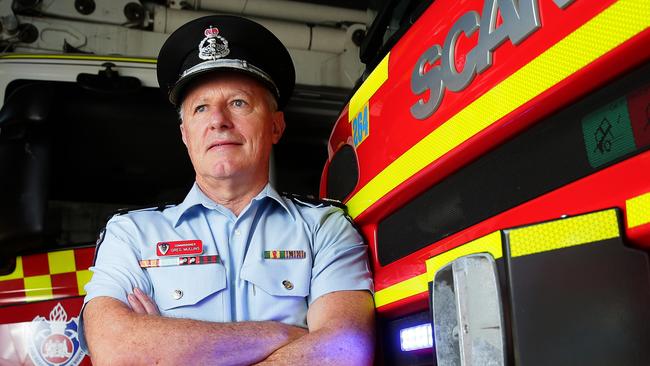
Former NSW fire chief Greg Mullins has been scolded by some colleagues for singling out climate change as the “driving force” behind intense bushfires, ahead of high combustible fuel loads and other problems linked to land management.
Mr Mullins, who leads a group of 29 former fire and emergency chiefs accusing Scott Morrison of having “no moral leadership” on climate change, also faces questions about his expertise after a distinguished professional career combating blazes in the city but not in the bush.
Emergency Leaders for Climate Action, a group headed by the former NSW fire and rescue commissioner with funding from Tim Flannery’s crowd-funded Climate Council, is promising to convene a national summit early next year on bushfires. Central to the proposed agenda is a demand to end the burning of fossil fuels based on the unanimous conclusion of Mr Mullins’s group that severe weather resulting from carbon emissions is the primary cause of the fire catastrophe.
Mick Holton, president of the Volunteer Firefighters Association, said he believed Mr Mullins had “lost his way” in highlighting climate change above all other factors behind fires raging along the east and west coasts.
Mr Holton said he worked for Mr Mullins for many years as a member of the NSW Fire Brigade and had a high regard for him, but he could not understand his apparent conversion to the climate change argument on bushfires. “I can’t work it out,” he said.
“I found he was a great person to work for, and he’s a great fellow, but I think he’s lost his way.
“It is disappointing to me when he would have learned about fire science and isn’t discussing the fuel load issue.”
Mr Holton said the bushfire crisis was related not to “ambient temperature” but heat generated when dangerously high fuel loads caught fire. He agreed with Mr Mullins that a strategy was needed to combat fires, but said it required a land-management focus that would include hazard reduction and the advice of indigenous Australians. “To me, it doesn’t seem right to blame climate change when we’ve dropped the ball on other issues,” Mr Holton said.
He said he was aware Mr Mullins had an early introduction to fighting bushfires from his father when growing up in Terrey Hills in Sydney’s north in the early 1970s, and he had fought bushfires as a volunteer in later years, but he said the former fire chief’s main experience was in city and suburban fires.
Roger Underwood, chairman of the Perth-based Bushfire Front with 60 years of bushfire management, said the Mullins group’s blaming climate change for bushfires was flawed because it took no account of fuel loads or practical measures to help with the immediate bushfire threat.
Mr Underwood said any action Australia took to reduce carbon emissions would need to be replicated globally, especially by China and India, to make a difference.
“Blaming climate change for the current spate of bushfires ignores the fact that these bushfires have proven almost impossible to control once they got going,” he said. “This is because they are burning in heavy fuels dried by drought.”
Mr Mullins had a decorated 39-year career with NSW Fire and Rescue that started at Manly brigade on Sydney’s northern beaches, followed by stints at Crows Nest and in the City of Sydney. He was the state’s youngest assistant commissioner when appointed in 1996, rising to commissioner in 2003.
Backing the launch of Bushfire Survivors for Climate Action in February, Mr Mullins criticised the Prime Minister for ignoring climate change. He told Nine newspapers he had sought to raise climate change as an issue in 2006 after bushfires in the Blue Mountains, but was told by the then NSW Labor government to “pull your head in” as the state’s fire and rescue commissioner.
A year ago, Mr Mullins was appointed to the board of Professor Flannery’s Climate Council, a crowd-funded organisation that the climate activist and writer formed after Labor’s formerly taxpayer-funded Climate Commission was abolished by the Abbott government in August 2013.
With Mr Mullins as its main public voice, Emergency Leaders for Climate Action was created as a funded project of the Climate Council in April after Mr Morrison rebuffed a request from Mr Mullins for a meeting that would not only discuss bushfires but any links to climate change.
The former fire chief has since accused Mr Morrison of a “leadership vacuum” over bushfires and having “no moral leadership” on the need to curb carbon emissions.
Mr Mullins endorsed Labor’s climate change policy with some qualifications.
The Climate Council issued a strong defence of Mr Mullins and other former fire chiefs in deciding to focus on climate change as the main cause of worsening bushfires.
Phil Koperberg, inaugural commissioner of the NSW Rural Fire Service and later a NSW Labor climate change and environment minister, said he believed climate change had been a contributing factor in the severity of fires in recent years, “but so has drought, which has also been a factor of climate change, and we ignore it at our peril”.


